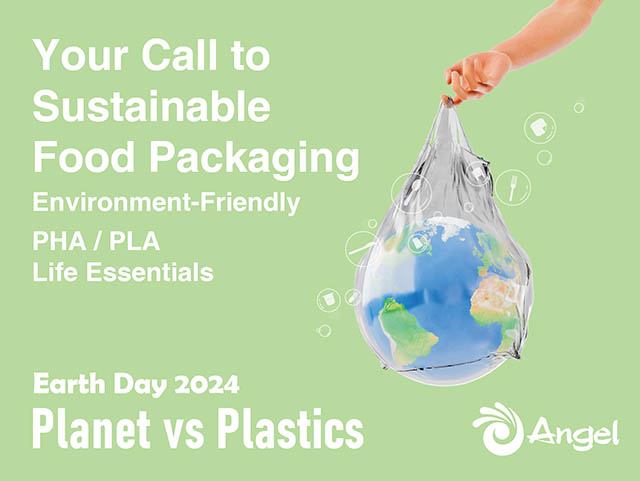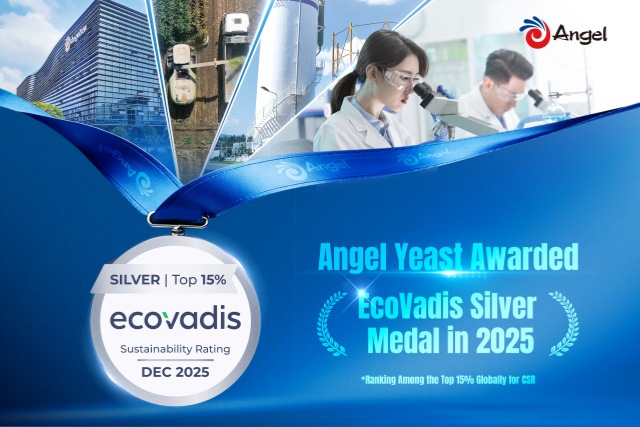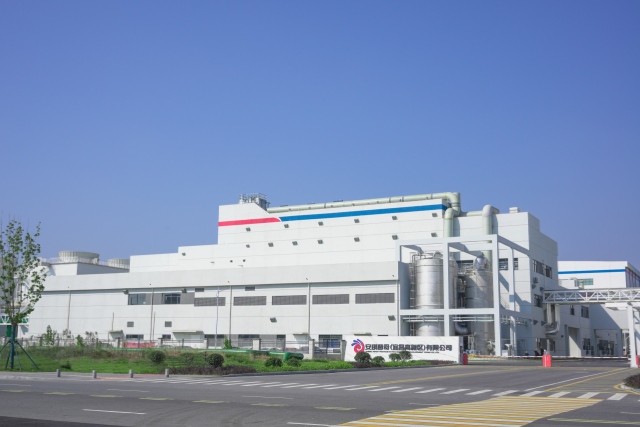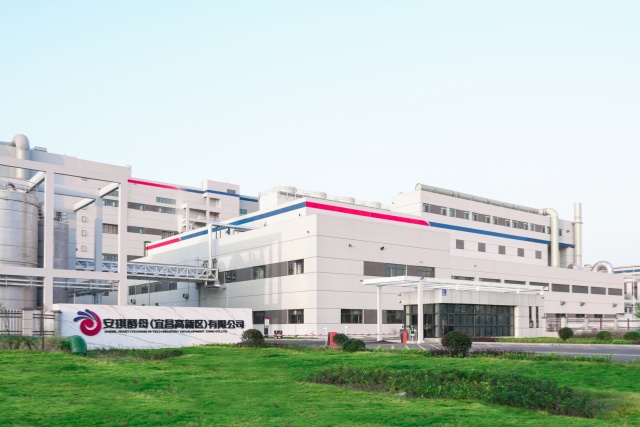-
Home > News & Events > News > Company

Plastics, once coined as one of "the greatest inventions in the 20th Century," has now become a significant burden to the earth's ecosystem. Leading mission-driven research consultancy EA Earth Action has published an annual report which stated that by 2024, each person on the planet would produce 28 kilos of plastic waste, amounting to a total of 220 million tons – the equivalent of 20,000 Eiffel Towers.
"Whether in the hustle and bustle of city streets or the quiet fields of the countryside, from land to sea, plastic waste is everywhere, posing a serious challenge to the planet like never before, and the answer to the global issue is right in our hands," said Xiao Minghua GM of Angel Yeast. "Angel Yeast is committed to promoting Bio-based materials including PHA and PLA to support and free the earth from plastic challenges."
Angel Yeast has established a joint venture with Beijing PhaBuilder Biotechnology Co., Ltd (PhaBuilder) to carry forward the industrialization project of PHA with the opening of a PHA factory. PHA (polyhydeoxyalkanoates), a polyester produced naturally by microorganisms, is biodegradable and has biocompatible properties, making it highly sought-after in fields such as biomedical material and biodegradable packaging material.
With more than 150 types of PHA monomers, the diverse material properties and environmentally friendly degradation properties of PHA make them ideal for replacing traditional petrochemical plastics, which can be used in a wide range of applications of traditional and non-traditional polymers. The production of PHA has a zero carbon footprint, fully embodying green and environmental principles.
The 80,000-square-meter PHA factory in Yichang, Hubei Province is an integrated PHA industry chain covering R&D, production, and sales. The 30kt/a PHA production site has begun construction, with the first phase production line aiming to be operational in the first quarter of 2025.
In the meantime, Angel Yeast and Shanghai Synlife have founded the joint venture, Hubei Uniqi Biological Technology Co., Ltd., to promote the scaled production of modified polylactic acid (PLA), which now accounts for 40 percent of biodegradable materials in the world. PLA is widely used in food and beverage containers, packaging, film and bag products, 3D additives, fibers, medical assistance and more.
Uniqi focuses on the front-end modified R&D of PLA to retain its degradability, thermoplasticity, transparency and mechanical properties and achieve excellent performance. Leveraging extensive experience in PLA-based high-performance bio-based materials, it has developed a series of new PLA products and achieved large-scale mass production successfully.
Angel Yeast responds to the 'Dual Carbon' goals and strategic aim of green and sustainable development with concrete actions, by promoting the R&D and mass production of bio-based biodegradable PLA and PHA materials, and it is giving full play to our role in building a green, low-carbon, and circular economy.
"The corporate mission and vision of Angel Yeast is closely linked to the pursuit of sustainable development, and we'll continue to boost the production and application of Bio-based materials through technological innovation, and contribute to global environmental conservation causes. Angel Yeast firmly believes that through joint efforts, we can solve the problem of plastic pollution and guard the blue planet," said Xiao Minghua of Angel Yeast
Publish by:
Hubei Phangel Biotechnology Co., Ltd.
Wang Hao
wh@phangel.cn
Hubei Uniqi Biological Technology Co., Ltd.
Peng Ning
pengning@angelyeast.com







